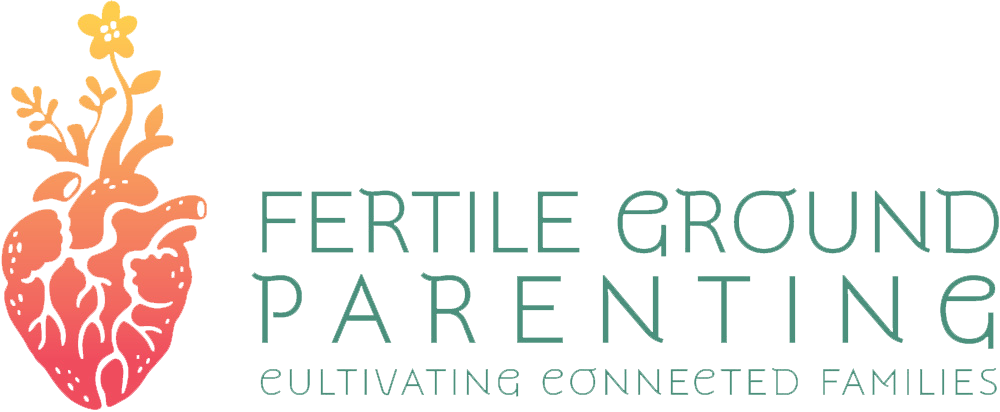Here in San Francisco, this coming weekend is Pride weekend. I love this month and the ways I get to see queerness on extra-full display throughout my city.
As a hetero-passing queer person (yes, JIC you didn’t know, I’m partnered with a man but I’ve known I was queer since I was 12), celebrating queerness is important to me.
My son with Pride vibes a few years back.
This is especially true for me because I have an internal identity that is not matched by the external picture most people have of me. I don’t do a great job talking about my queerness (working on it, as evidenced by this post!) and if you meet me you’re likely to think something like, “that nice straight lady looks like she grew up in Connecticut” (which I did).
But I think this kind of internal-external mismatch is more common than most of us realize.
I was 18 when I came out to my parents. I had just fallen madly in love with my friend Colleen’s college roommate, and wanted to let my parents in on this huge shift in my life and identity. I started with my mom, imagining she’d take it better, given that my dad was born in 1929 and grew up in a fundamentalist Christian family.
Interestingly, I was wrong. They both did ok in the end, but while my dad went out and bought a bunch of books (Straight Parents, Gay Children, anyone? 😂), my mom’s first response was, “I don’t see why you have to tell anyone about this.”
One of the most tender and insightful things my dad said to me about my queerness was something along the lines of:
“You know, when you have kids, it’s like you make an imaginary photo album for them. You put pictures in there of all the things you imagine they’ll do—graduate from high school, go to college, get married, have kids… This feels hard because it just isn’t in the photo album.”
I think sometimes the challenges we face with our kids—starting in babyhood, even—are similar.
We imagine what it will be like to be a parent. We picture gooey toothless smiles, tossing them in the air at sunset, building forts with blankets and pillows.
We know it will be hard sometimes, but we can’t imagine what awaits us. There’s no way to predict the particular flavor our kids’ hard will have.
And then, of course, sometimes our kids’ challenges touch the parts in us that were hurt when we were young, or never got held with loving attunement.
It’s no wonder we can find it so difficult to let our kids be different from what we imagined they'd be.
I don’t know where my son will land on the continuum of queerness. But while he figures that out, I’m working on allowing him to be different than I am, and different than his dad is.
Different in how he meets the world. Different in how he learns. Different in how he shows and receives love.
Sometimes this is really, really hard for me. For example, I learned to read quickly and immediately loved it. At 9, my kid is still deciding whether it’s worth his time.
I love warm hugs and cuddles. My kid shows love by tackling anyone who seems to indicate to him that wrestling might be ok.
Sometimes I want to scream when I feel particularly confused by him.
It’s not exactly “I don’t see why you have to tell anyone about this,” but it is along the same spectrum of feeling—more like “MUST you parade these particular qualities in public?”
Whatever our beliefs or politics, we’re all susceptible to feeling knocked off balance by our kids’ behaviors, temperaments, and yes, identities.
My belief is that it’s not in our parenting job description to never feel these feelings, or to be immediately, 100% down with every single thing our kids throw our way.
But it is in our job description to keep loving our kids, to stay curious about what they’re showing us, and to keep looking for ways to be close. Even when we’re confused. Even when it feels wobbly.
This week—and month, and always—when you notice a way they are different than you are, see if you can allow it.
Go ahead and wobble. Feel it.
But don’t run. And try not to shut down.
They have so much more to show you if you stay close.
P.S. One thing I don’t say enough is: you are welcome here. However you—and your partner, children, or family—identify, I see you and I celebrate you. Thank you for being here.


